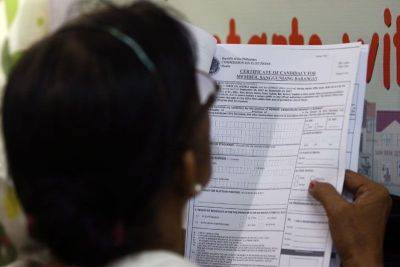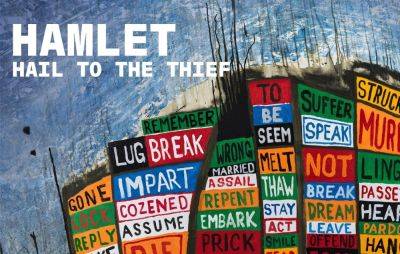3 tips for learners, institutions to avoid digital piracy
MANILA, Philippines — Digital piracy is rampant. One wrong press on the keyboard while online, and one just might fall prey to it.
It is important to remain vigilant, especially now that the kids are back in school and many will be sourcing information online to support their school lessons and assignments. Many face piracy threats with online publications at our fingertips. Books and other learning resources are becoming increasingly accessible, thus influencing study and learning behaviors.
Just how safe are the students, teachers, schools, publishers, and institutions given such an online environment?
The recent cyberattack on the Department of Science and Technology (DOST) reveals just how serious the risks that many online users face every single day.
On April 2 this year, local hackers breached the DOST network, compromising two terabytes of data, including personal information on employees and research plans, designs, and schematics. This incident underscores the vulnerability of online platforms to data breaches, particularly when cybersecurity measures are not regularly maintained, monitored, updated, and enhanced.
Protecting online identity, fighting piracy, and supporting copyrighted content have become crucial measures that any online user has to take, Rex Education pointed out.
Here are ways to avoid falling traps to online threats and fraud.
Secure online learning environments by teaching students to safeguard their personal data. This includes securing devices, avoiding public Wi-Fi, using strong passwords, enabling two-factor authentication, and accessing only licensed learning management systems.
Schools, on the other hand, can configure desktops and laptops to prevent downloading of certain file formats, especially scanned PDFs of textbooks. Learners and school personnel should practice these precautions at home and report suspicious websites.
Temptation is always there. Textbooks can be very expensive these days, particularly for households who do not have much spending money left after budgeting the family’s regular income, that scanned pages of textbooks available online may seem so tempting to click on.
But remember that beyond data







